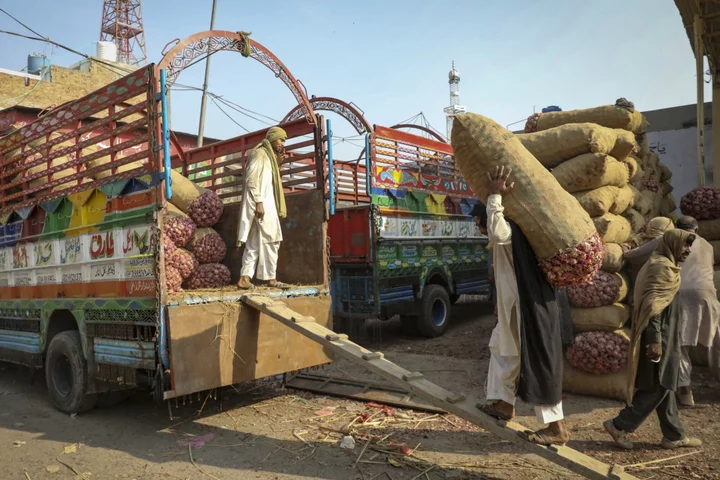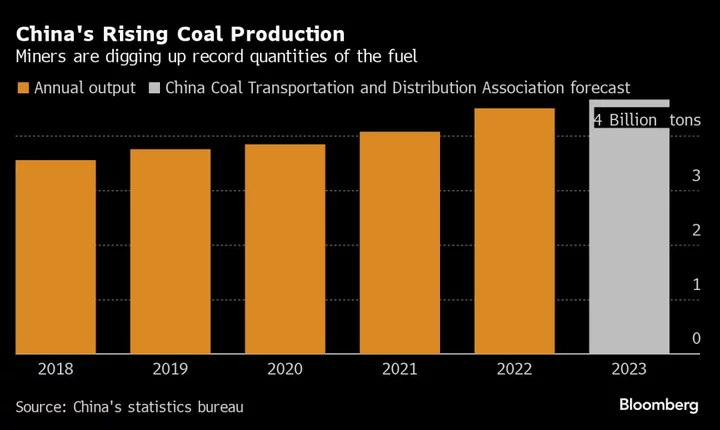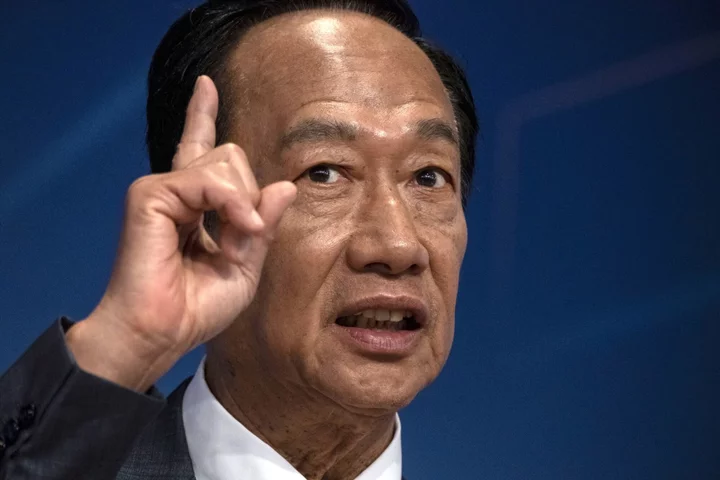Pakistan may seek another loan from the International Monetary Fund to aid its economy, Interim Finance Minister Shamshad Akhtar said, a day after the lender agreed to a payout under an existing bailout program.
“We need to continue with the IMF as our economy is still fragile and we will possibly seek another loan,” Akhtar, who is part of a caretaker government running the country, said at a news conference in Islamabad on Thursday.
The comment came a day after the South Asian nation reached a staff-level agreement with the IMF for a $700 million loan under a $3 billion program, and highlights the magnitude of the economic crisis facing the country. Pakistan has about $1 billion in dollar-denominated debt due next year after it holds elections scheduled for February.
Pakistan’s dollar bonds posted the best performance among sovereign debt from emerging markets on Thursday after the IMF initial approval. The nation’s bonds have returned more than 50% return this year and the benchmark equity gauge, the KSE-100 Index, is one of the best performers globally since the IMF bailout deal in July.
The IMF said this week that while a nascent economic recovery is underway in Pakistan, the nation remains susceptible to significant external risks. Pakistan averted a default on its debt by securing the current nine-month IMF program.
Pakistan’s caretaker government will try to talk to the IMF for the next program as the nation will need the lender’s help to consolidate macro-economic stability, Akhtar said. Foreign reserves will jump in December after pledges made by global lenders materialize, she said.
The timing of any negotiations over an IMF loan will prove tricky as Pakistan holds elections in February. Former Prime Minister Nawaz Sharif’s party is widely seen as winning the elections. His main rival, Imran Khan, remains in jail while he faces corruption charges.
What Bloomberg Economics Says
The IMF estimates that the country’s external financing requirements will average $30 billion every year between fiscal 2025 and 2028. This means whoever is in power after elections in February will have to negotiate a new longer-term deal with the IMF.
Ankur Shukla, South Asia economist
For the full report, click here
The government postponed a plan to raise funds from the global bond market as it won’t get the best price, Akhtar said. Reserves fell $115 million to $7.4 billion in the week ended Nov. 10, equivalent to less than two months of imports.
The caretaker government under Prime Minister Anwaar-ul-Haq Kakar is trying to secure $6.3 billion in loans from the World Bank, Asian Development Bank and Islamic Development Bank, and about $10 billion in bilateral funding from creditor nations.
--With assistance from Karl Lester M. Yap, Nasreen Seria and Ronojoy Mazumdar.
(Updates with comment from Bloomberg Economics)









